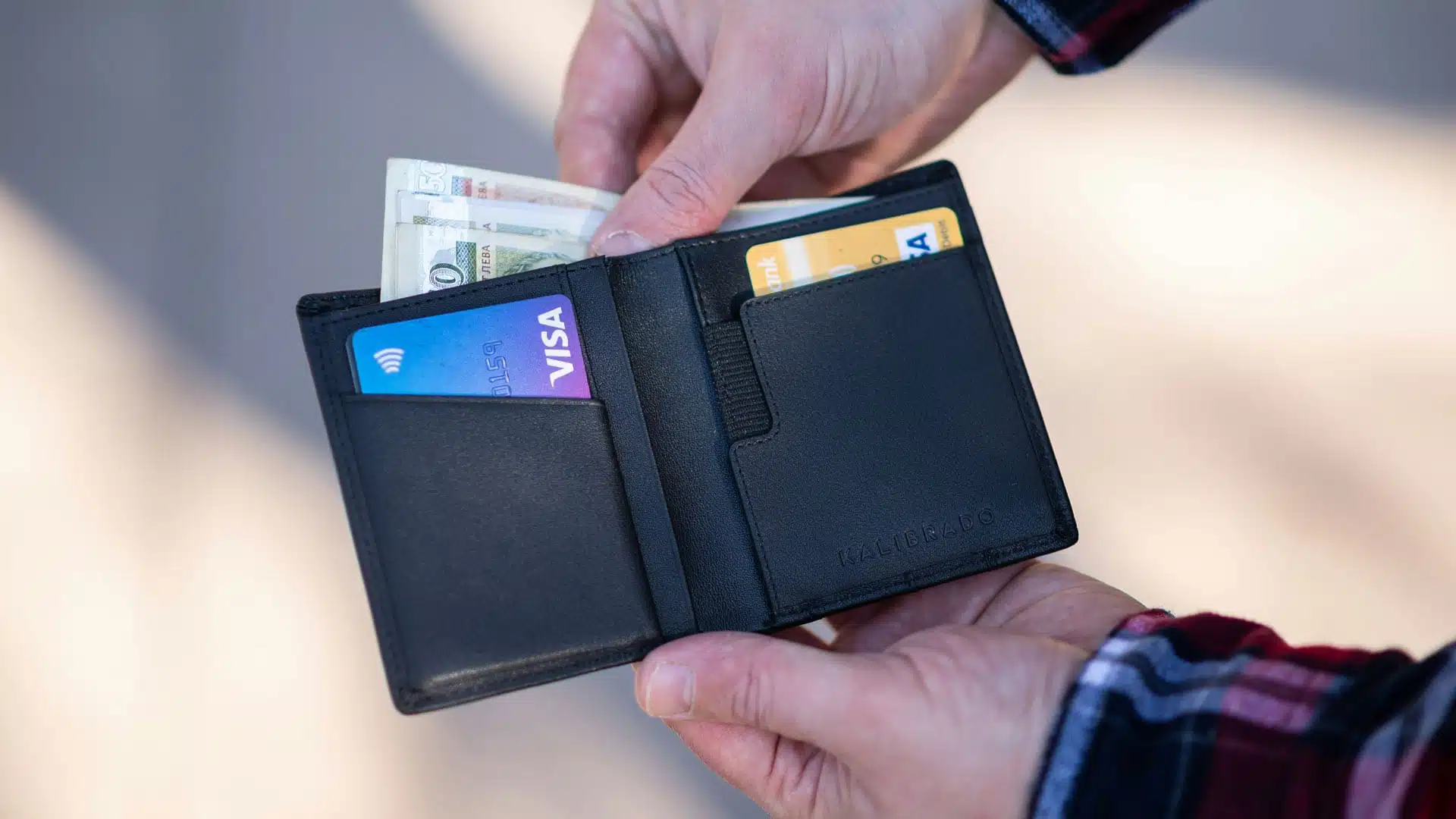Entering university opens up a new world of financial independence and responsibility. One essential aspect of this financial journey is understanding and building your credit. Good credit can impact everything from getting a credit card or a loan to renting an apartment, and sometimes even getting a job. Here is a beginner’s guide to help First Nations, Métis, and Inuit university students in Canada navigate their credit-building journey.
Understanding Credit
Credit refers to your financial trustworthiness. It indicates how likely you are to repay borrowed money based on your past behaviour. This information is gathered in your credit report and summarized in your credit score, a numerical value used by lenders to assess your creditworthiness.
Importance of Good Credit
A good credit score can make many aspects of life easier and less expensive. It can help you secure better terms on loans, get approved for rent, and sometimes even influence job opportunities in certain fields. Good credit can save you money over time and provide financial flexibility.
Start Building Credit
A great way to start building credit is by getting a credit card. When used responsibly, it shows lenders that you can manage and repay debt, which can help improve your credit score. Make small purchases on your card and pay them off on time and in full each month.
Pay Your Bills On Time
One of the most crucial steps in building and maintaining good credit is paying your bills on time. This includes not just your credit card bills but also rent, utilities, student loans, and any other financial obligations. Late payments can negatively impact your credit score.
Manage Your Credit Utilization
Credit utilization is the ratio of your credit card balance to your credit limit. It’s generally recommended to keep this ratio below 30%. High utilization can indicate to lenders that you rely heavily on borrowed money, which can negatively affect your credit score.
Limit Credit Inquiries
Each time a lender or business checks your credit, it’s recorded as an inquiry on your credit report. While one or two inquiries won’t drastically affect your credit score, multiple inquiries in a short time can. Limit credit inquiries by only applying for credit you need and are likely to get.
Regularly Check Your Credit Report
You’re entitled to a free credit report from each of the two main credit bureaus in Canada (Equifax and TransUnion) once per year. Regularly checking your credit report can help you understand your credit standing and spot any errors or signs of identity theft.
Credit-Building Resources for Indigenous Students
There are resources available specifically for Indigenous students looking to build their credit. The Aboriginal Financial Officers Association of Canada (AFOA), for example, provides resources and education on financial topics, including credit. Your university’s Indigenous Student Centre may also offer financial literacy resources.
Building good credit is a marathon, not a sprint. It requires consistent effort, responsible financial habits, and time. But the rewards are well worth the effort, providing you with greater financial flexibility and opportunities. As a First Nations, Métis, or Inuit student, taking the initiative to build your credit is a significant step toward financial independence. Remember, building credit is not just about securing loans or credit cards—it’s about building a strong financial foundation for your future. Start your credit journey today and set yourself up for long-term financial success.


